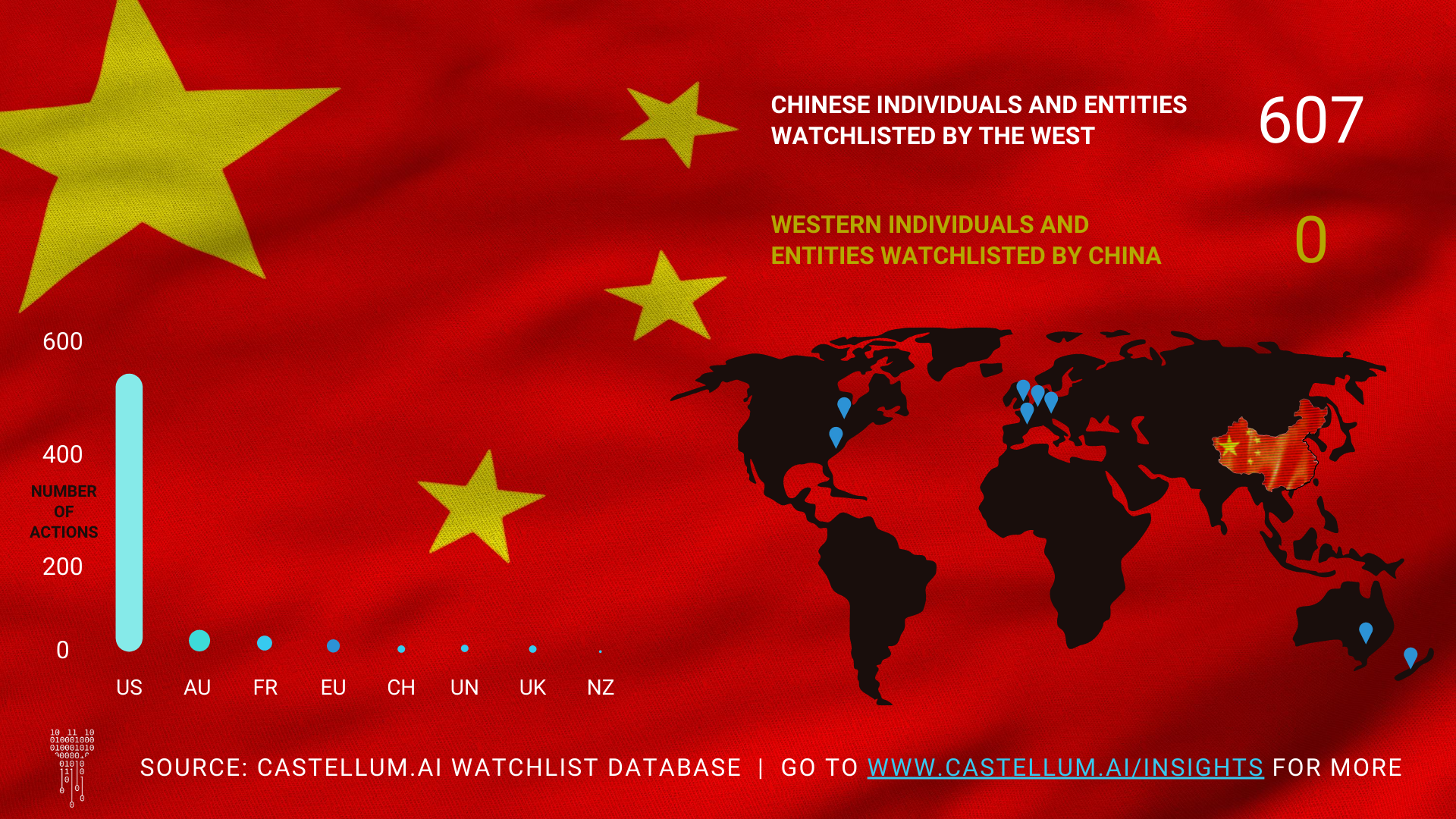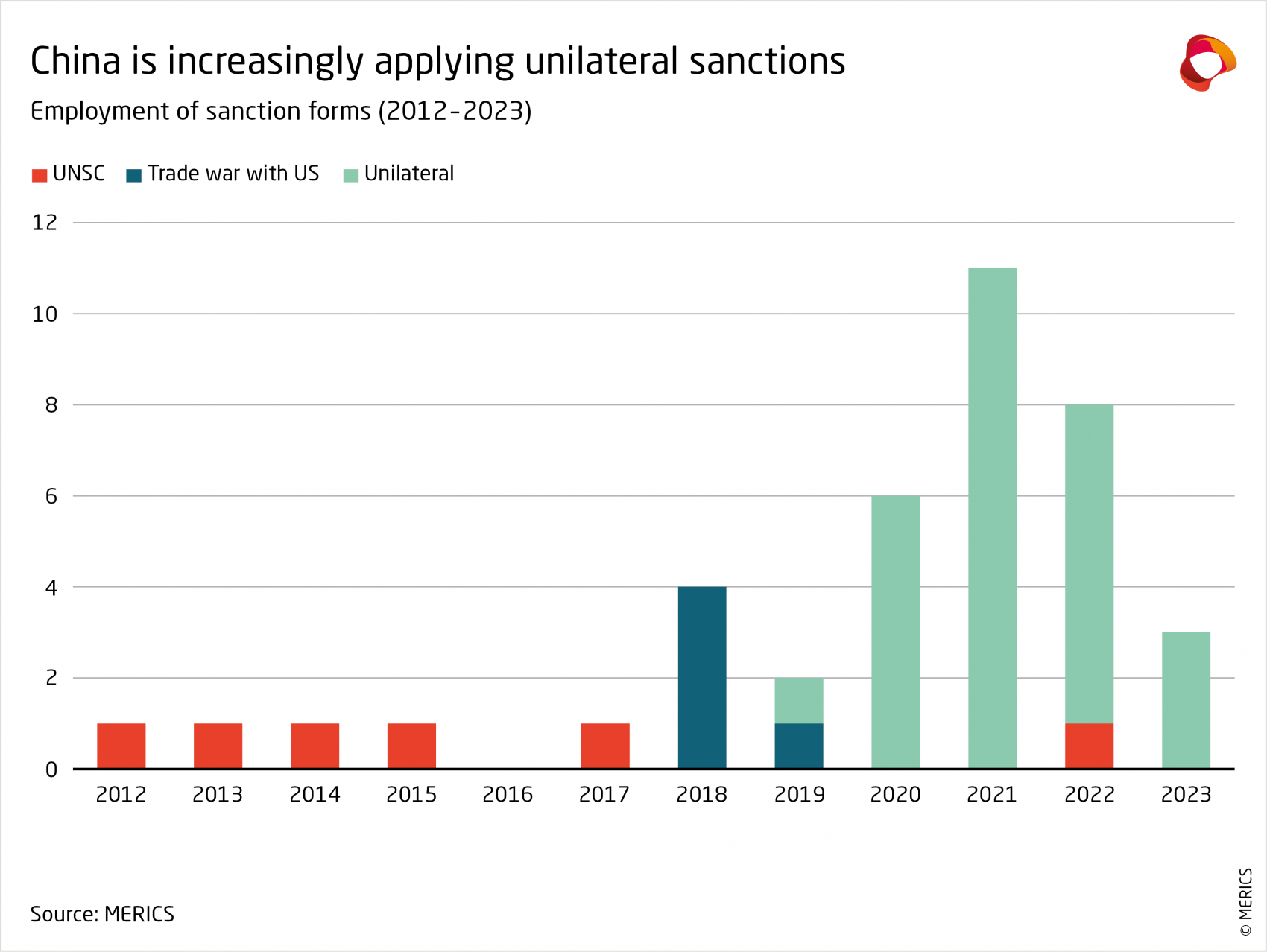US-China relations have taken another block after China announced sanctions Sunday on five American defence-related companies in response to US arms sales to Taiwan and U.S sanctions on Chinese companies and individuals.
The sanctions will freeze any property the companies have in China and prohibit organisations and individuals in China from doing business with them, the Foreign Ministry said in a statement posted online.
It was unclear what impact, if any, the sanctions would have on the companies, BAE Systems Land and Armaments, Alliant Techsystems Operations, AeroVironment, Viasat and Data Link Solutions. Such sanctions are often mostly symbolic as American defence contractors generally don’t sell to China.
The Foreign Ministry said the U.S. moves harmed China’s sovereignty and security interests, undermined peace and stability across the Taiwan Strait and violated the rights and interests of Chinese companies and individuals.
“The Chinese government remains unwavering in our resolve to safeguard national sovereignty, security and territorial integrity and protect the lawful rights and interests of Chinese companies and citizens,” the ministry statement said.
The Chinese Foreign Ministry did not specify which arms deal or which U.S. sanctions China was responding to, though spokesperson Wang Wenbin had warned three weeks ago that China would take countermeasures following the U.S. government’s approval of a $300 million military package for Taiwan in December. The deal includes equipment, training and equipment repair to maintain Taiwan’s command, control and military communications capabilities.
The U.S. said the sale would support the modernisation of Taiwan’s armed forces and the maintenance of a credible defence. “The proposed sale will improve the recipient’s capability to meet current and future threats by enhancing operational readiness,” a news release from the Pentagon’s Defense Security Cooperation Agency said.
Taiwan is a major flashpoint in US-China relations that analysts worry could explode into military conflict between the two powers. China says that U.S. arms sales to Taiwan are interference in its domestic affairs.

The Chinese military regularly sends fighter planes and jets into and over the waters around Taiwan, in part to deter the island’s government from declaring formal independence. An invasion doesn’t appear imminent, but the constant military activity serves as a reminder that the threat is ever-present.
The U.S. switched diplomatic recognition from Taiwan to China in 1979, but it is bound by its own laws to ensure that Taiwan has the ability to defend itself. America and its allies sail warships through the Taiwan Strait, a 160-kilometre (100-mile) wide waterway that separates the island from China.
Way forward for US-China relations
After the latest Chinese sanctions analysts and experts predict that a new conflict could pave the way. US-China face-off could be imminent with this and could impact the world in a negative way. The unresolved Russia-Ukraine & Israel-Gaza conflict could prove to be a pivot with Iran being at its centre.
However, ever since the G7 Summit in 2023 POTUS, Joe Biden had made significant efforts to stabilise and create a strong relations amidst the countries. US-China were also anticipated to have been conducting important trade talks during the end of 2023.
How does depreciating US-China relations impact India?
US-China relations have had a huge impact on India ever since the 50s. In case, China ends up on the wrong page as of USA; India gets a huge prospect to become the world no. 2 in much lesser time than anticipated. However, this impacts the relations as USA would count on India if the situation escalates.
The economic impact would be behemoth for India as majority of the companies would find home in the country boosting the economy and FDI. Does US-China relation worsen or is there a recovery?













